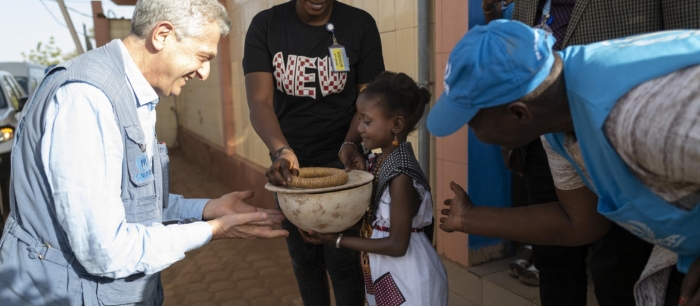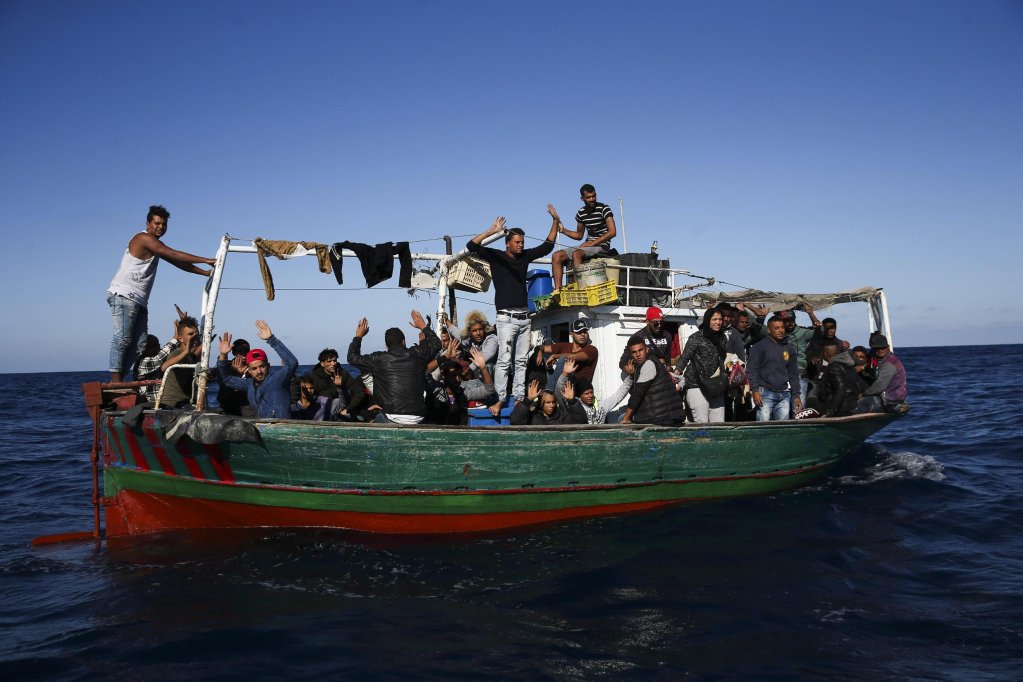Based on the UN’s figures, nearly one percent of the global population was displaced at the end of 2019, a grim milestone that UNHCR High Commissioner Filippo Grandi laments.
“This almost 80 million figure – the highest that UNHCR has recorded since these statistics have been systematically collected, is of course a reason for great concern,” Grandi said on June 18.
According to the UNHCR, the majority of the world’s asylum seekers, refugees and internally displaced persons come from just five countries — Syria, Venezuela, Afghanistan, South Sudan, and Myanmar.
“If crises in these countries were solved, 68 per cent of global forced displacement would be on its way to being solved,” the UN refugee chief said.
Last year, an additional 11 million people were pushed out of their homes by violence, persecution, political unrest, famine, climate change, and other disasters. In the wake of COVID-19, the entrenched nature of conflicts in places like Syria and Afghanistan, and “insufficient political solutions,” Grandi warns, “we don’t see this trend diminishing.”
“With the international community so divided, so unable, so incapable of making peace, unfortunately the situation won’t stop growing, and I am very worried that next year it will be even worse than this year,” he told the French Press Agency (AFP) on Thursday.
Poor Countries Bearing the Brunt of Global Problem
Grandi criticised the rhetoric often used by rich countries that welcoming displaced people affects all countries equally, and shot-down the “politicised misconception” that they are most likely to seek refuge in wealthy countries far from home.
“This continues to be a global issue, an issue for all States, but one that challenges most directly the poorer countries – not the richer countries – in spite of the rhetoric,” he said.
The UNHCR data shows poor countries host 85% of the nearly 80 million displaced people worldwide, with 73% of those ‘on the move,’ seeking shelter in a neighbouring country.
Burkina Faso, in the troubled Sahel region, has long welcomed those fleeing violence in neighbouring Mali and Niger, but since 2016, has itself become a worrying hotspot for violence and, as a result, displacement.
“Nothing prepared me for what I saw in Burkina Faso… I was particularly struck by the plight of so many women who had suffered violence, whose husbands had been taken away from them or killed, whose children had been separated from them,” Grandi told France24 after visiting the country in February 2020.
Armed groups, extremists and criminal gangs have taken advantage of weak governments, poverty, and local ethnic tensions to rain terror across Burkina Faso, and particularly in the lawless borderlands between the three countries home to refugee camps.
As a result, some of the 25 000 Malian refugees seeking safety in Burkina Faso have returned home to areas so dangerous, humanitarian and defence forces can’t enter them. Meanwhile more than 800 000 Burkinabeè are now believed to be displaced in their own country. The government of Burkina Faso, also one of the world’s poorest, is grappling to deal with the scale of the humanitarian crisis and many displaced people are still sleeping outdoors, and going hungry while still living with the severe trauma of the violence inflicted upon them.


